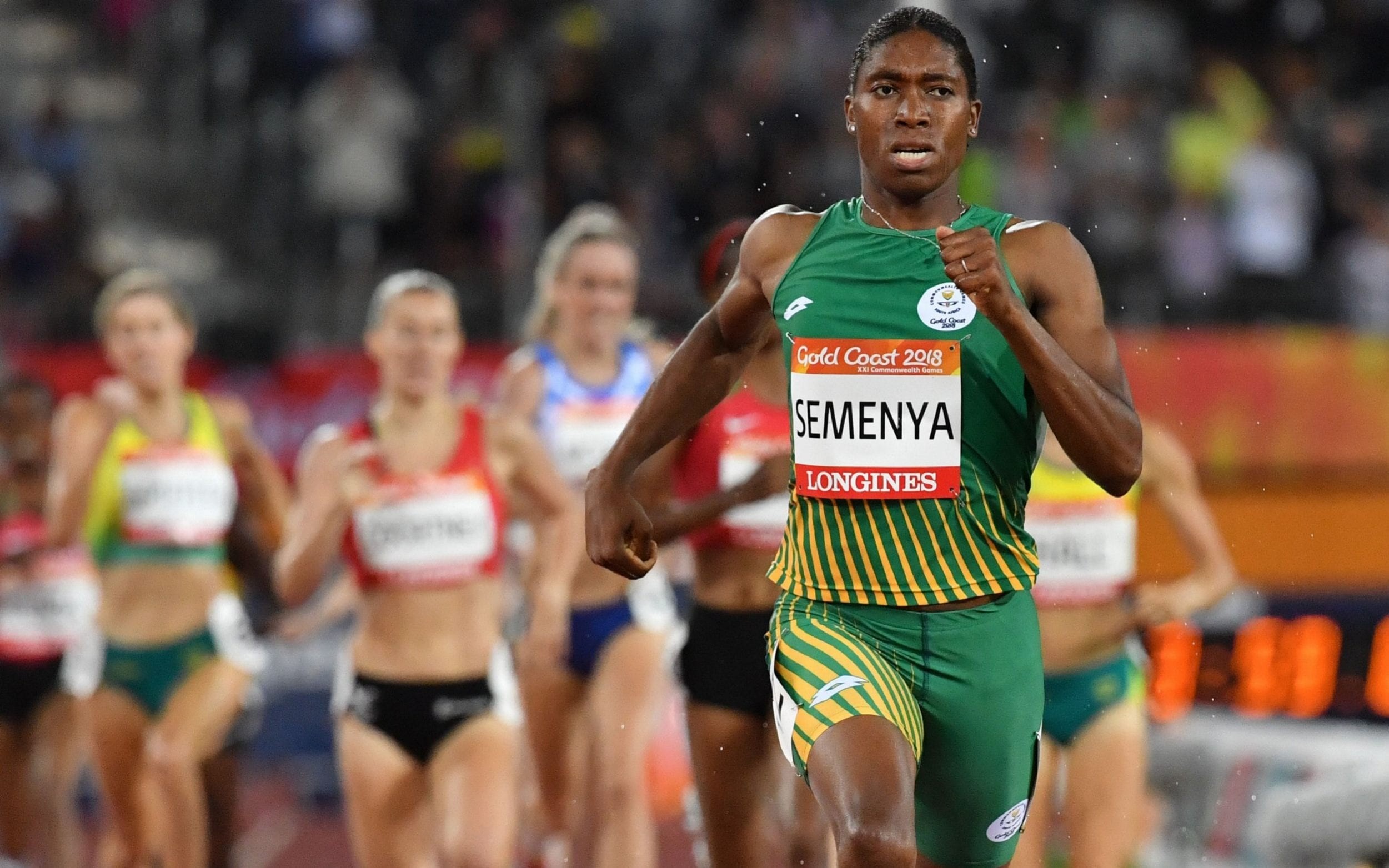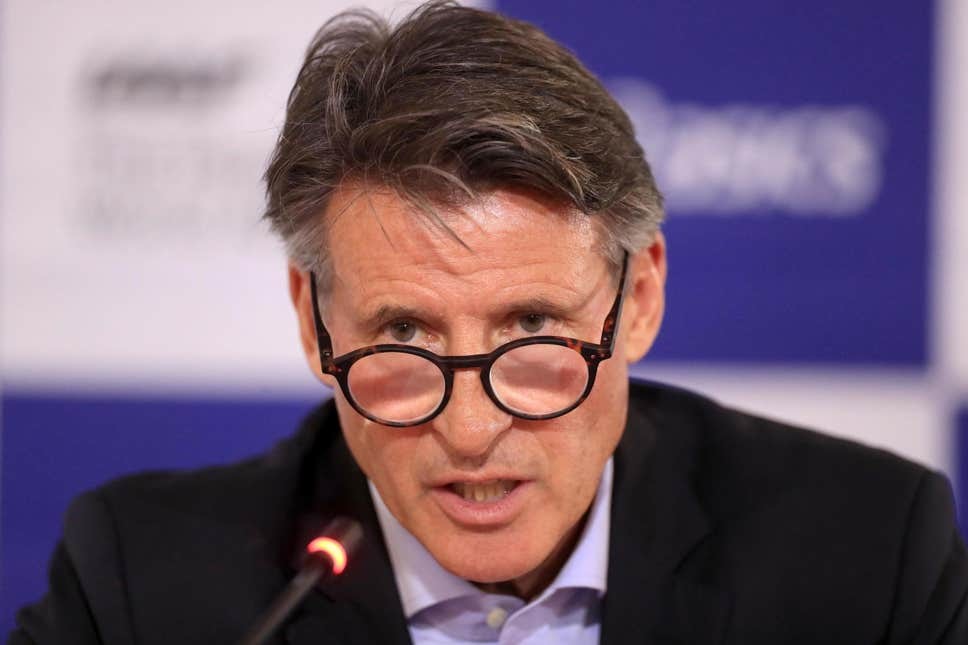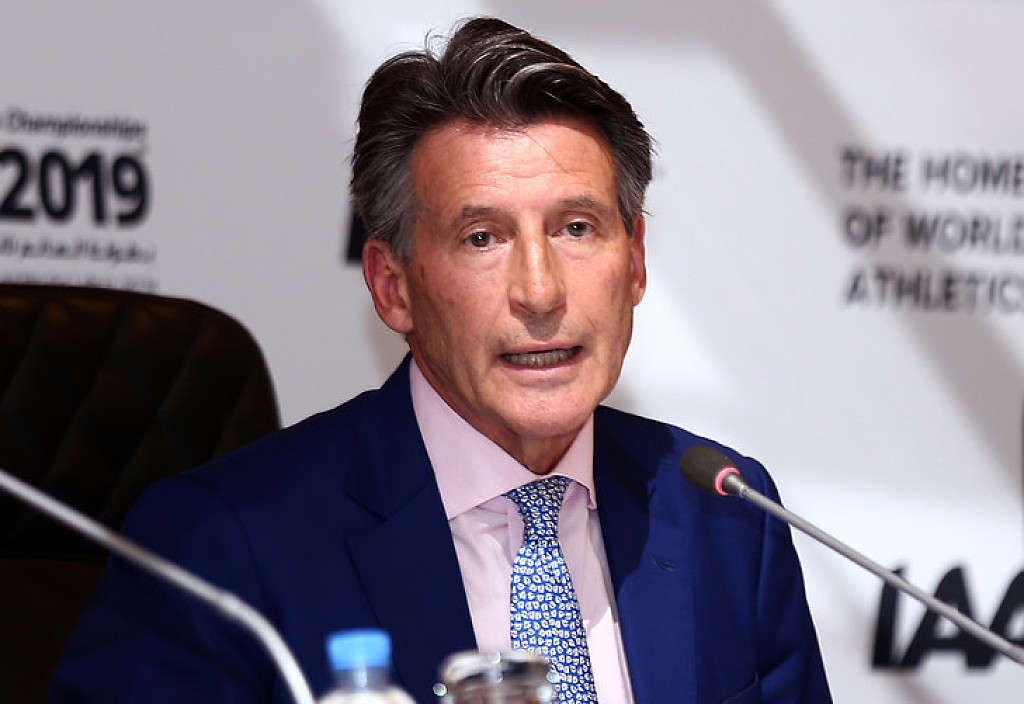Running News Daily
Running News Daily is edited by Bob Anderson. Send your news items to bob@mybestruns.com Advertising opportunities available. Train the Kenyan Way at KATA Kenya and Portugal owned and operated by Bob Anderson. Be sure to catch our movie A Long Run the movie KATA Running Camps and KATA Potato Farms - 31 now open in Kenya! https://kata.ke/
Index to Daily Posts · Sign Up For Updates · Run The World Feed
Sebastian Coe claims he went out of his way to keep competitive options open for differences in sexual development athletes
World Athletics President Sebastian Coe has defended the decision his Federation took over athletes with differences in sexual development (DSD), claiming he had sought to keep competitive options open in the female category even though a different alternative may have been open to him.
The World Athletics rules, which went into effect in 2019, cap athlete testosterone levels in women’s events from the 400 metres through the mile for athletes with DSD such as South Africa’s Olympic 800m champion Caster Semenya.
World Athletics said that no female athletes would have a level above the cap - five nanomoles per litre - unless they had a DSD or a tumour, and that in the case of athletes in the DSD category testosterone-suppressing medication would need to be taken in order to bring levels into the agreed range.
Semenya has lost appeals at the Court of Arbitration for Sport and the Federal Supreme Court of Switzerland against the World Athletics regulations over the past two years.

But earlier this month the South African Government’s Department of Sport, Arts and Culture pledged R12 million (£576,600/$803,000/€671,500) to help her appeal to the European Court of Human Rights against her testosterone ruling.
Speaking in a Sports Law Q&A podcast, Coe told British lawyer Jonathan Taylor: "If I’m being hard-nosed about it, if I’d stuck simply to the definitions around biology then I would probably have got support for preventing those athletes from competing at all in a female category,
"I didn’t want to do that."
Coe added: "So finding the right level of controllable testosterone over a period that allowed them to compete at those distances was for me absolutely in alignment with every philosophy, every principle that I went into the sport for.
"But then you get the next challenge about human rights.
"I am very acutely conscious of human rights.

"But the question I then ask is whose human rights are we talking about here?
"Are we talking about the millions of girls that enter athletics and want to feel that they are competing at least on a level footing, do I have a concern about them?
"Yes I do.
"But I also wanted to preserve that in a way that didn’t stigmatise and cause hurt to other athletes.
"It was a difficult decision to make.
"The easier decision would frankly have been to have sat there and done nothing at all, which if I’m being honest is where pretty much the most of sport has gone now.
"We have a similar challenge around transgender and our policy there was in large part driven and in alignment with what we have done around DSD.
"So you don’t come into any sport at the level I chose to get elected at and think you are going to make a lot of friends.
"You do have to do what you think is in the best interests of the sport and possibly that judgement is made way beyond the term that you are serving."
Referring to the decision taken in 2016 to ban Russian athletes competing in the wake of the scandal over organised doping in that country, Coe added: "I know that the approach we took about Russia didn’t leave us in a position of unalloyed joy with other sporting organisations out there.
"When we all went to the Rio Games you could feel the icy blast about what we’d done.
"But I don’t want athletics to ever be on the wrong side of history."
by Mike Rowbottom
Login to leave a comment




